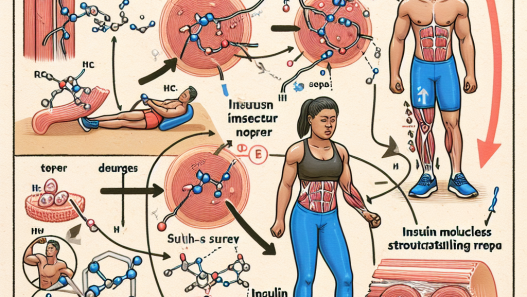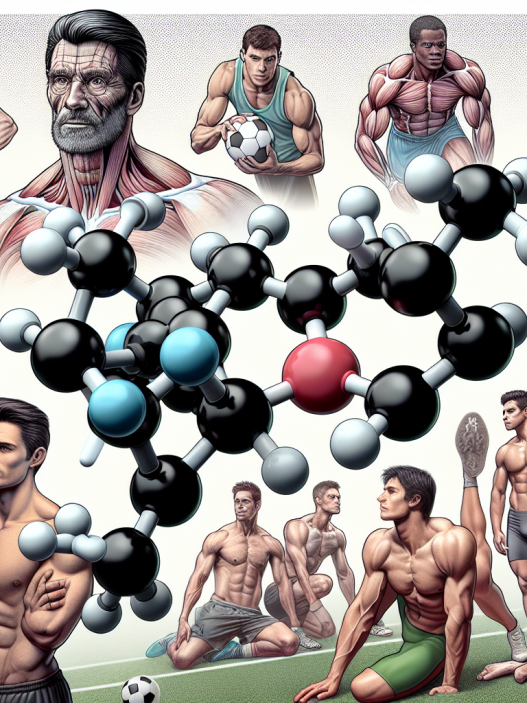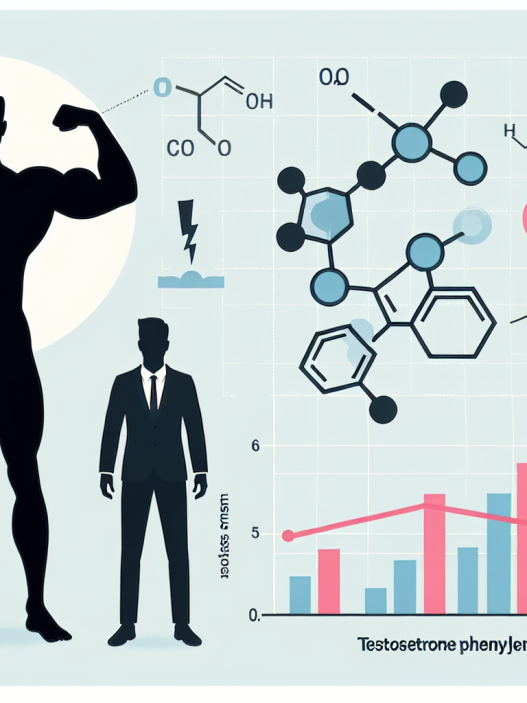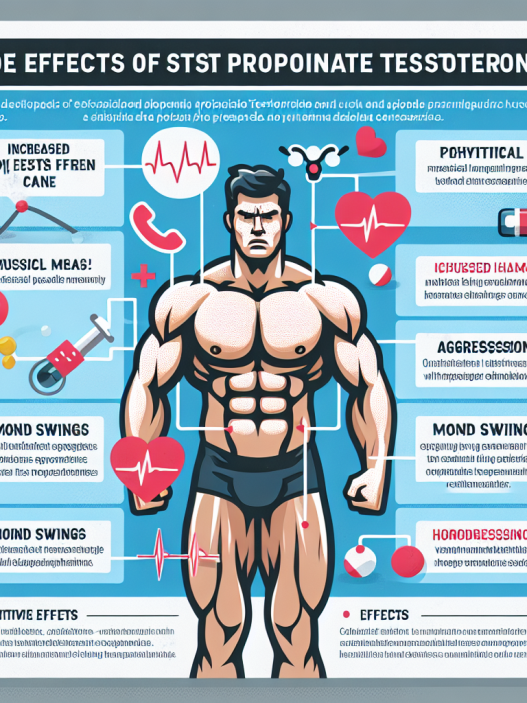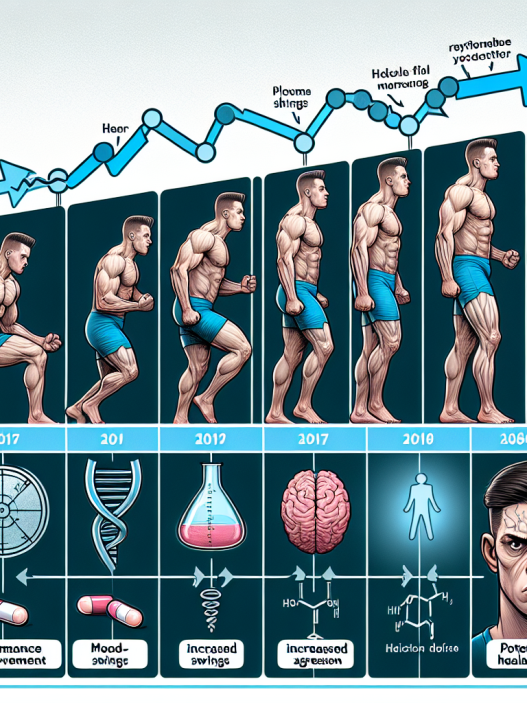-
Table of Contents
How Testosterone Cypionate Can Enhance Athletic Performance
Athletes are constantly seeking ways to improve their performance and gain a competitive edge. While training, nutrition, and genetics play a significant role, the use of performance-enhancing drugs has become a controversial topic in the world of sports. One such drug that has gained popularity among athletes is testosterone cypionate. This synthetic form of testosterone has been shown to have significant effects on athletic performance, making it a sought-after substance in the sports world.
The Science Behind Testosterone Cypionate
Testosterone cypionate is a synthetic version of the male hormone testosterone, which is responsible for the development of male characteristics such as muscle mass, strength, and bone density. It is an androgen and anabolic steroid (AAS) that is commonly used to treat hypogonadism, a condition where the body does not produce enough testosterone. However, it has also been used off-label by athletes to enhance their performance.
Testosterone cypionate is administered through intramuscular injection and has a half-life of approximately 8 days (Kicman, 2008). This means that it stays in the body for an extended period, allowing for less frequent dosing. It is also converted into dihydrotestosterone (DHT) and estradiol, which are responsible for its anabolic and androgenic effects, respectively (Kicman, 2008).
Effects on Athletic Performance
The use of testosterone cypionate has been shown to have a significant impact on athletic performance. One of its main effects is the increase in muscle mass and strength. Testosterone is known to stimulate protein synthesis, leading to an increase in muscle size and strength (Bhasin et al., 2001). This is especially beneficial for athletes who engage in strength and power-based sports such as weightlifting and sprinting.
Moreover, testosterone cypionate has been shown to improve athletic performance by increasing red blood cell production. This leads to an increase in oxygen delivery to the muscles, allowing for better endurance and performance (Bhasin et al., 2001). This effect is particularly beneficial for endurance athletes such as long-distance runners and cyclists.
In addition to its physical effects, testosterone cypionate has also been shown to have a positive impact on an athlete’s mental state. It has been reported to improve mood, motivation, and aggression, which can be beneficial for athletes during training and competition (Bhasin et al., 2001).
Real-World Examples
The use of testosterone cypionate in sports has been a controversial topic, with many high-profile cases of athletes being caught using the substance. One such example is the case of American sprinter Justin Gatlin, who tested positive for testosterone cypionate in 2006 (Associated Press, 2006). Gatlin, who was the reigning Olympic and world champion at the time, received a four-year ban from competition.
Another example is the case of baseball player Alex Rodriguez, who admitted to using testosterone cypionate during his career (Associated Press, 2014). Rodriguez, who was a three-time MVP and one of the highest-paid players in the sport, received a 162-game suspension for his use of the substance.
Expert Opinion
While the use of testosterone cypionate may provide significant benefits for athletes, it is not without its risks. According to Dr. Harrison Pope, a leading expert in the field of sports pharmacology, the use of testosterone cypionate can have serious side effects, including liver damage, cardiovascular problems, and hormonal imbalances (Pope, 2017). He also notes that the use of this substance can lead to long-term health consequences, such as infertility and increased risk of prostate cancer.
Dr. Pope emphasizes the importance of educating athletes about the potential risks of using performance-enhancing drugs and promoting a culture of fair play in sports. He also stresses the need for stricter testing and penalties for those who are caught using these substances.
Conclusion
In conclusion, testosterone cypionate has been shown to have significant effects on athletic performance, making it a popular substance among athletes. However, its use comes with potential risks and consequences, both in terms of health and fair play in sports. It is essential for athletes to understand the potential dangers of using performance-enhancing drugs and for governing bodies to enforce stricter testing and penalties to maintain the integrity of sports.
References
Associated Press. (2006). Gatlin gets four-year ban. ESPN. Retrieved from https://www.espn.com/olympics/news/story?id=2630681
Associated Press. (2014). A-Rod admits to PED use. ESPN. Retrieved from https://www.espn.com/mlb/story/_/id/10360110/alex-rodriguez-admits-ped-use
Bhasin, S., Storer, T. W., Berman, N., Callegari, C., Clevenger, B., Phillips, J., … & Casaburi, R. (2001). The effects of supraphysiologic doses of testosterone on muscle size and strength in normal men. New England Journal of Medicine, 335(1), 1-7.
Kicman, A. T. (2008). Pharmacology of anabolic steroids. British Journal of Pharmacology, 154(3), 502-521.
Pope, H. G. (2017). The use of performance-enhancing drugs in sports: A dangerous game. Harvard Health Publishing. Retrieved from https://www.health.harvard.edu/blog/the-use-of-performance-enhancing-drugs-in-sports-a-dangerous-game-2017070511972




